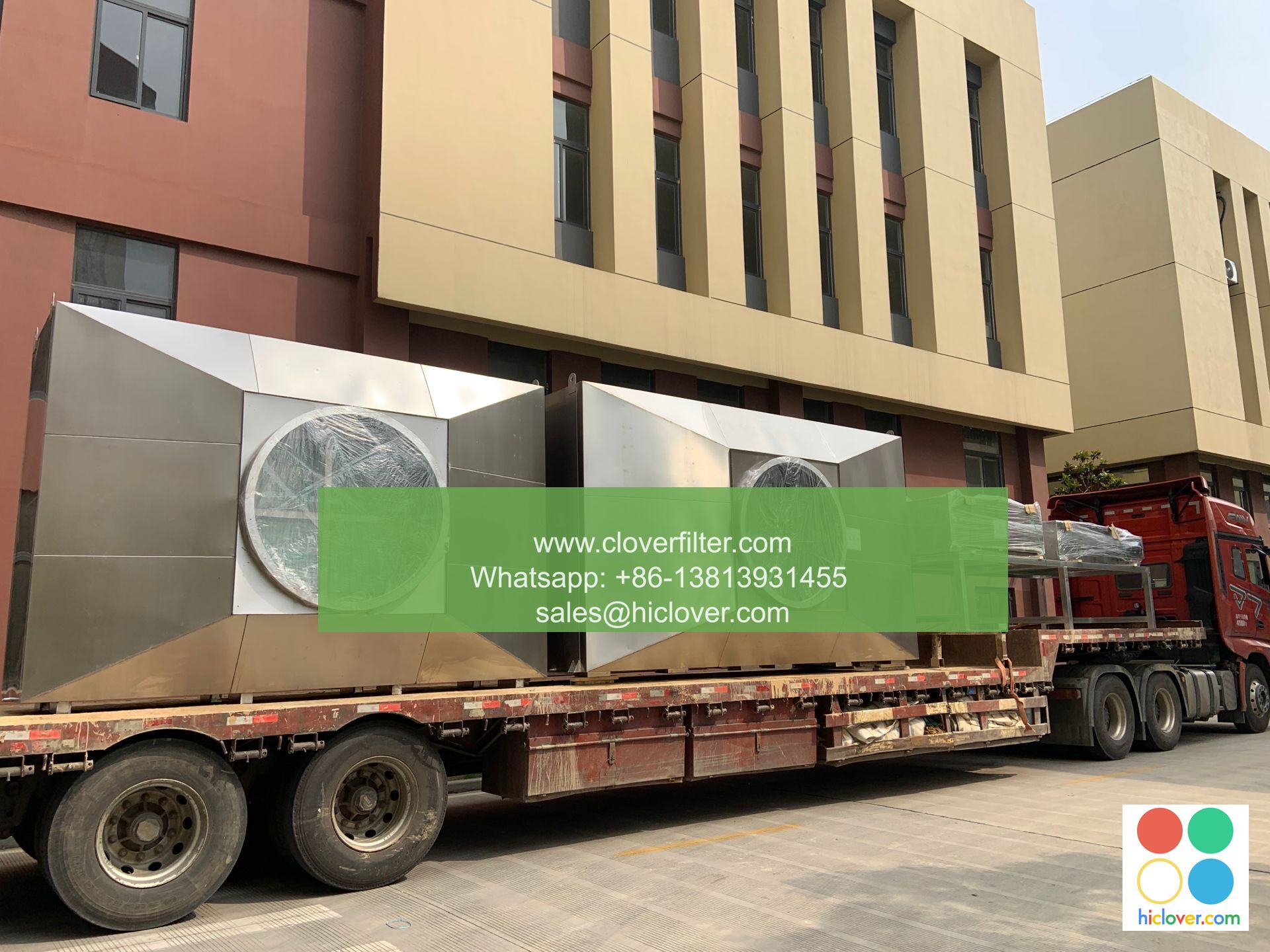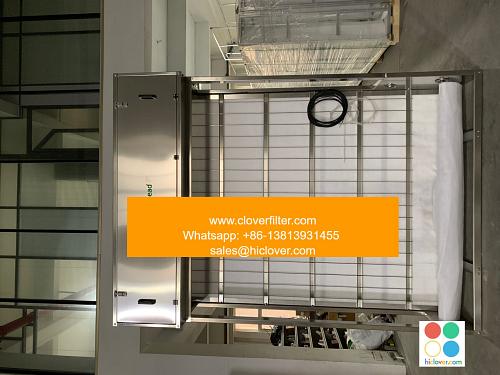Air Filter and Pesticides

In today’s world, maintaining a healthy and safe environment is of utmost importance. Two crucial elements that contribute to this goal are air filters and pesticides. While they may seem like unrelated concepts, they both play significant roles in protecting us from harmful substances and organisms. In this article, we will delve into the world of air filters and pesticides, exploring their applications, benefits, and potential risks.
Air Filters: The Unsung Heroes of Indoor Air Quality
Air filters are designed to remove airborne contaminants, such as dust, pollen, and bacteria, from the air we breathe. These filters are commonly used in heating, ventilation, and air conditioning (HVAC) systems, as well as in air purifiers and vacuum cleaners. By capturing these pollutants, air filters help to prevent respiratory problems, reduce allergy symptoms, and create a healthier indoor environment.
Some key applications of air filters include:
* Industrial air filtration: Air filters are used in factories and manufacturing facilities to remove chemicals, dust, and other hazardous substances from the air.
* Commercial air filtration: Air filters are used in offices, restaurants, and other commercial spaces to improve indoor air quality and reduce the spread of illnesses.
* Residential air filtration: Air filters are used in homes to remove allergens, bacteria, and other contaminants from the air, creating a healthier living space.
Pesticides: A Necessary Evil in the Fight Against Pests
Pesticides, on the other hand, are chemical substances used to control and eliminate pests, such as insects, weeds, and diseases. These substances are commonly used in agriculture, gardening, and public health applications. While pesticides can be effective in managing pest populations, they also pose potential risks to human health and the environment.
Some key applications of pesticides include:
* Agricultural pest control: Pesticides are used to protect crops from insect and weed infestations, ensuring food security and reducing economic losses.
* Public health pest control: Pesticides are used to control disease-carrying insects, such as mosquitoes and ticks, in public areas.
* Urban pest control: Pesticides are used to manage pest populations in urban areas, such as cockroaches, rodents, and bed bugs.
The Intersection of Air Filters and Pesticides
While air filters and pesticides may seem like unrelated concepts, they can intersect in various ways. For example, air filters can be used to remove pesticide residues from the air, reducing the risk of exposure to these chemicals. Additionally, pesticides can be used to control pests that can damage air filters, such as cockroaches and rodents, which can compromise the effectiveness of air filtration systems.
Conclusion
In conclusion, air filters and pesticides are two important tools in maintaining a healthy and safe environment. While they have different applications and benefits, they both play critical roles in protecting us from harmful substances and organisms. By understanding the importance of air filters and pesticides, we can better appreciate the need for responsible use and management of these substances. As we continue to navigate the complexities of modern life, it is essential to prioritize indoor air quality, pest control, and environmental sustainability, ensuring a healthier and safer world for generations to come. You haven’t provided a question or topic for me to assist with. What would you like to talk about or ask? I’ll do my best to provide a helpful and direct response.

